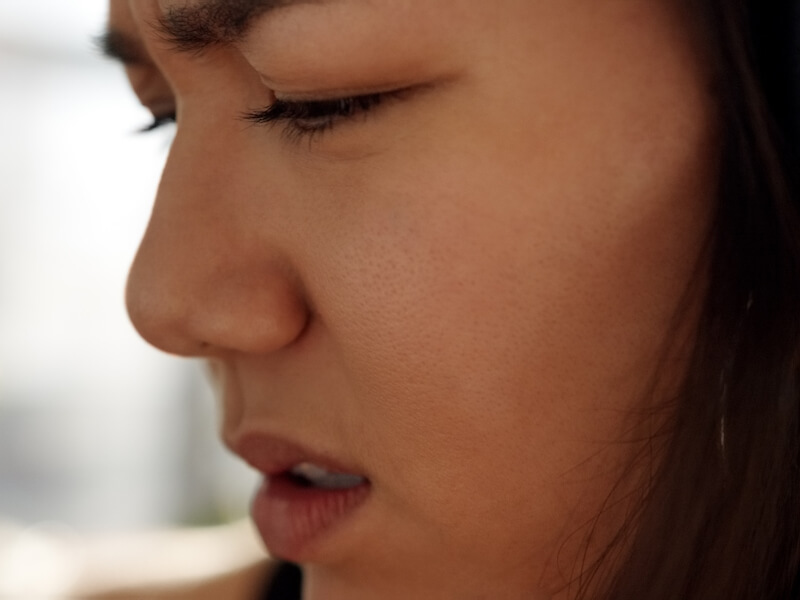It’s well known that stress, particularly for extended periods, can be very hazardous for your body. When you suffer from acute stress, everything from headaches to severe muscle aches can be the result. But tinnitus, a buzzing, clicking, or ringing in the ears can also be the result.
Stress isn’t the only thing that can cause tinnitus, it can also be brought about by a sinus infection, loud noises, and other factors. Let’s have a look at some potential factors.
Unhealthy Stress – How to Identify it
How does stress relate to tinnitus? It’s often easy to ignore how extreme the medical impact of stress can be on our bodies. Neglecting stress is a bad idea.
Healthy Stress
Stress that lasts a few minutes, or even several hours, can actually be helpful in getting necessary tasks completed. If you’re facing a deadline and need to focus on finishing a project, stress can be an ally by giving the boost of energy needed to get the job done.
There is a difference, though, between healthy, short-term stress and unhealthy, destructive stress. Healthy stress helps you accomplish a goal without harming your body. Unhealthy stress is hazardous for your body.
Unhealthy Stress
Unhealthy stress is caused by the fear of something that, more often than not, never in fact occurs. When someone stays in a heightened state of anxiety, the outcome is frequently unhealthy stress.
Unhealthy stress is associates with our “fight or flight” response, a natural reaction that helps keep us safe in dangerous conditions. When an individual remains in a hyper-stressful condition for an extended period of time, it can lead to harmful physical symptoms.
Worrying
Unhealthy stress is frequently the result of worrying. The importance of a relationship or situation can often be exaggerated. We might convince ourselves we destroyed a chance at a promotion because of something we said. When you worry like this your invasive thoughts can really get away from you.
Intrusive Thoughts And Unhealthy Stress
We might worry about what we didn’t get completed today and fret over what we have to do tomorrow. We might obsess, talk to ourselves, or even panic. If we don’t take a few positive measures to manage this stress it will continue to wear down our body.
Typically, unhealthy stress impacts the upper part of the body by causing pain and muscle tension. The head, neck shoulders, and jaw are areas that can be impacted.
Jaw Tension And Anger
Have you ever heard someone express their anger as jaw clenching? Jaw strain is a common symptom of stress, anger, worry, and intrusive thoughts.
Pressure can be put on the fragile bones of the inner ear and eardrum by sustained tension. Ringing in the ears can be the result.
Sinus Infections And Ear Strain
From sore throats to stuffy noses, sinus infections bring about lots of unwelcome symptoms.
Sinus infections produce headaches, sinus pressure, and ear pressure. These problems can trigger ringing, buzzing, and clicking in the ears.
When you have a sinus infection, your nasal congestion frequently spreads to your ears. Clogging in the ears and severe pressure on the eardrum will develop because of the accumulated earwax this causes. Pressure on the little bones of the inner ear can cause tinnitus symptoms.
You might not need to visit a hearing professional if the ringing is being caused by a sinus infection, as the symptoms could clear up by themselves. But you should absolutely schedule an appointment with us if the ringing persists for more than a few days.
Extended Exposure to Loud Noises
Lasting ringing in the ears will probably not manifest as a result of the occasional concert. If you regularly expose your ears to intense sounds, however, you could be putting stress on the tender parts of your ears.
When you expose your ears to loud noises on a regular basis, your eardrums and the bones of the inner ears are put under a great deal of strain, which can result in buzzing, ringing, or clicking.
Beyond the occasional ringing in your ears, exposure to loud sounds over a prolonged period of time can lead to temporary or permanent hearing loss. Listening to music at a sensible volume and using ear protection when needed is crucial for hearing health.
Protecting Your Hearing
Whether caused by stress, muscle tension, an illness, or loud noises, tinnitus shouldn’t be ignored. It’s best to have your ears examined by a hearing professional regularly. If you think the ringing in your ears has a serious underlying medical cause, you should get them checked for your peace of mind.
[blogcta]

